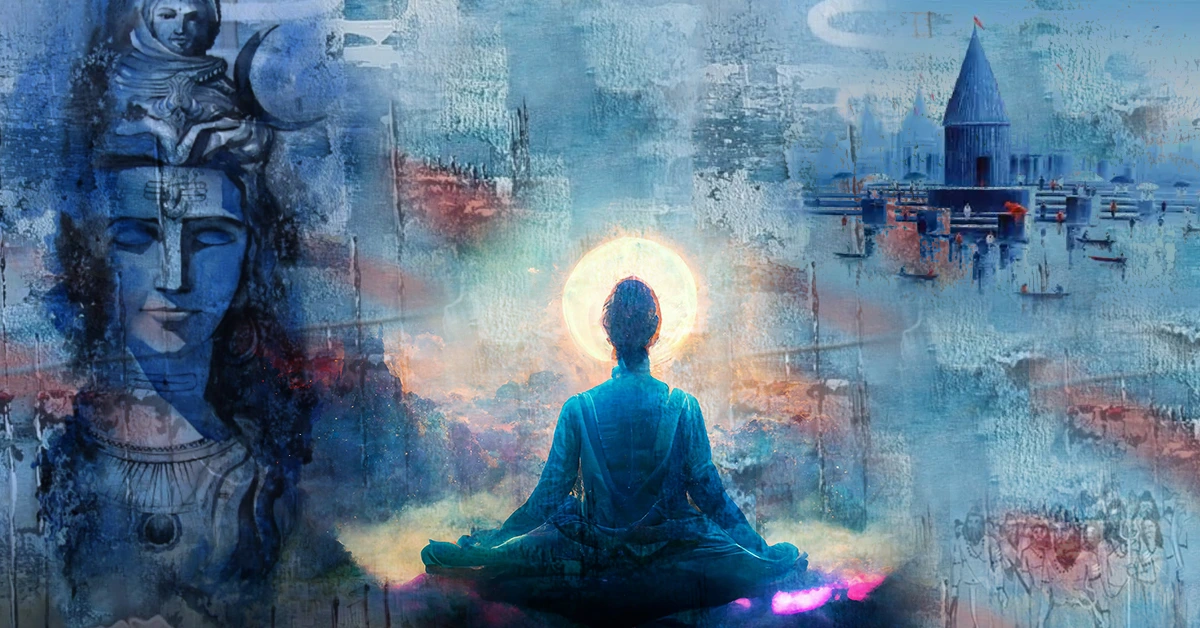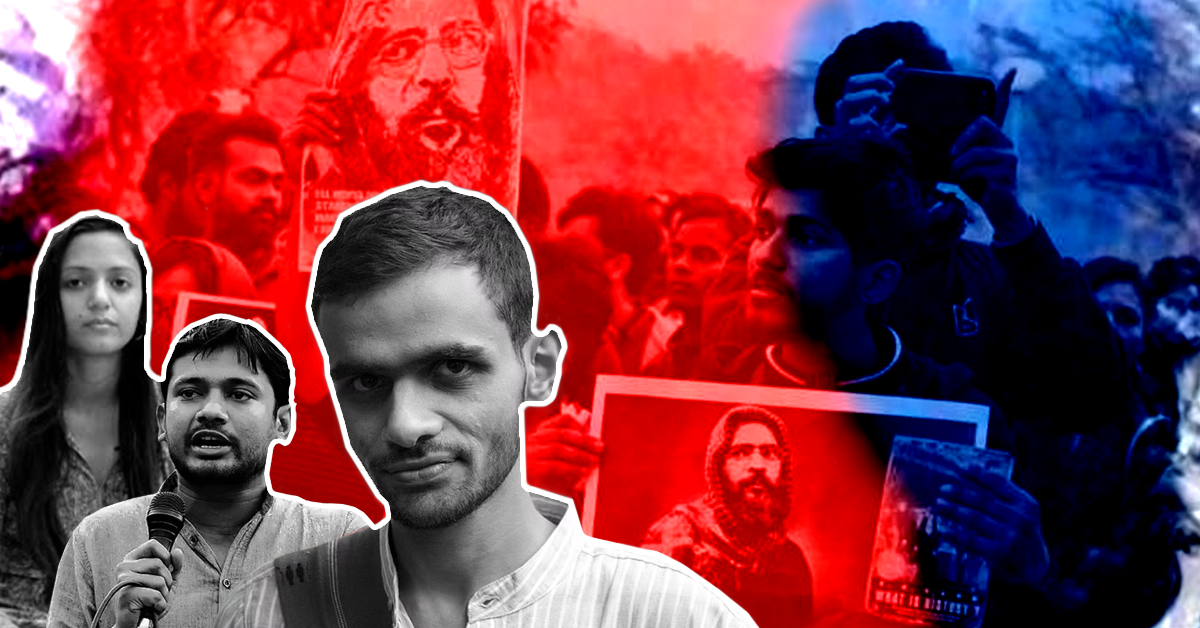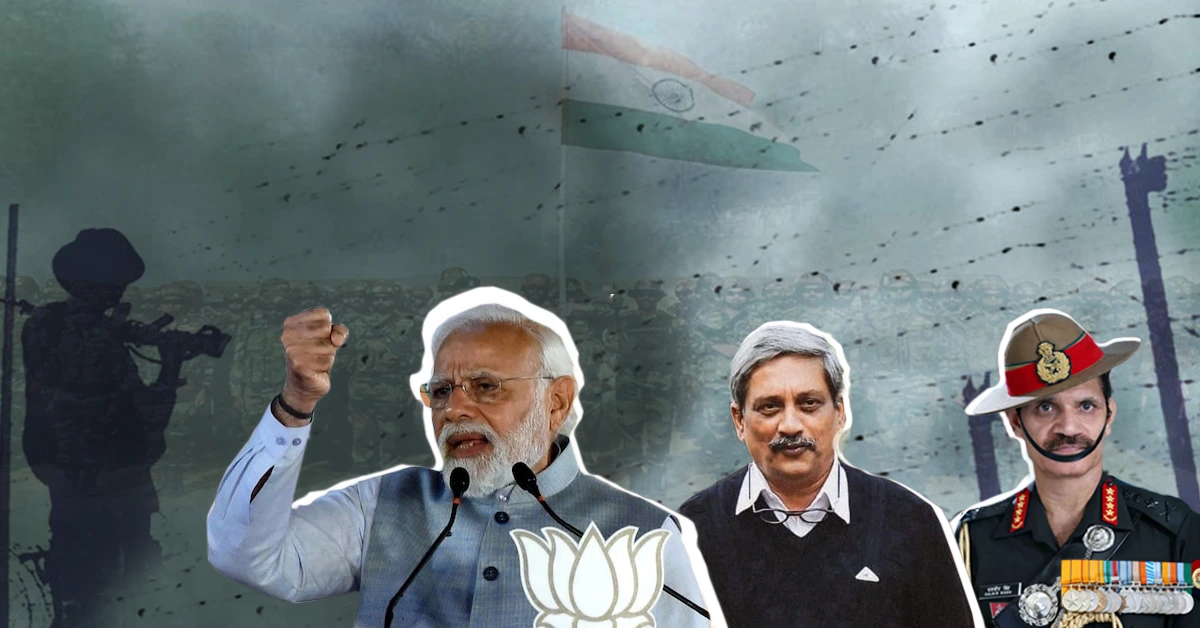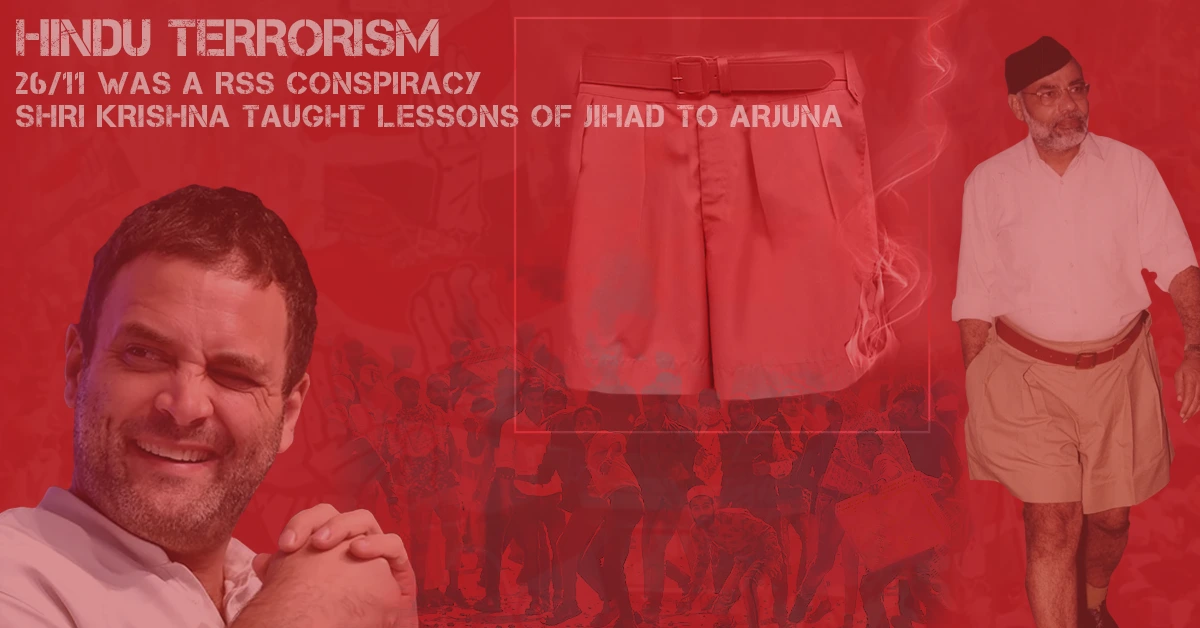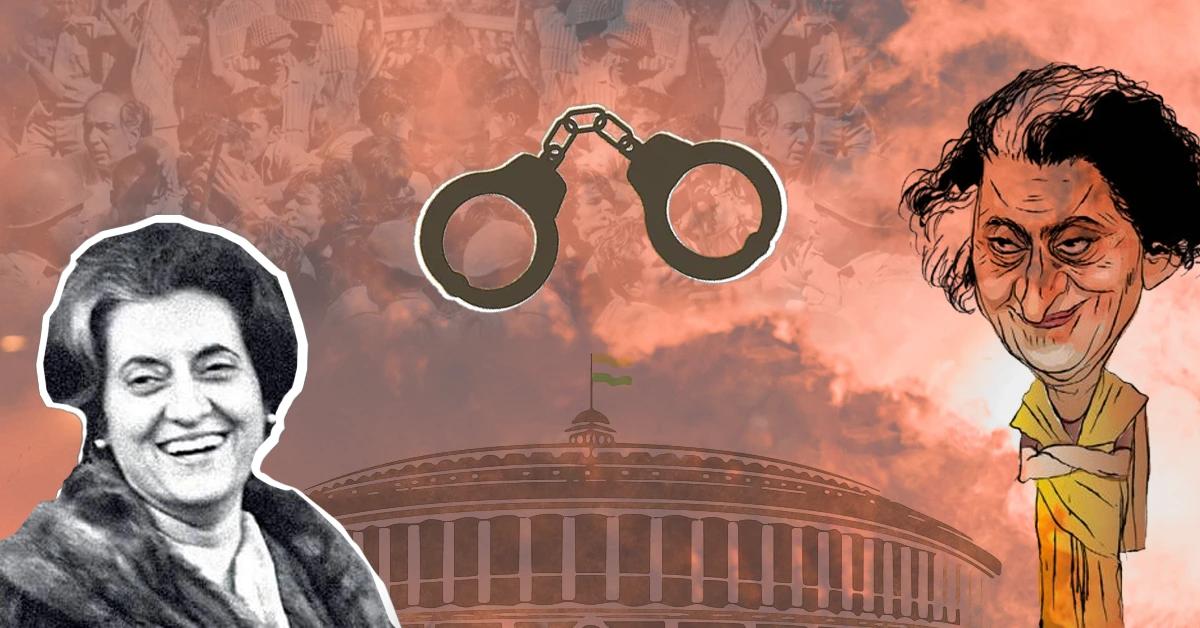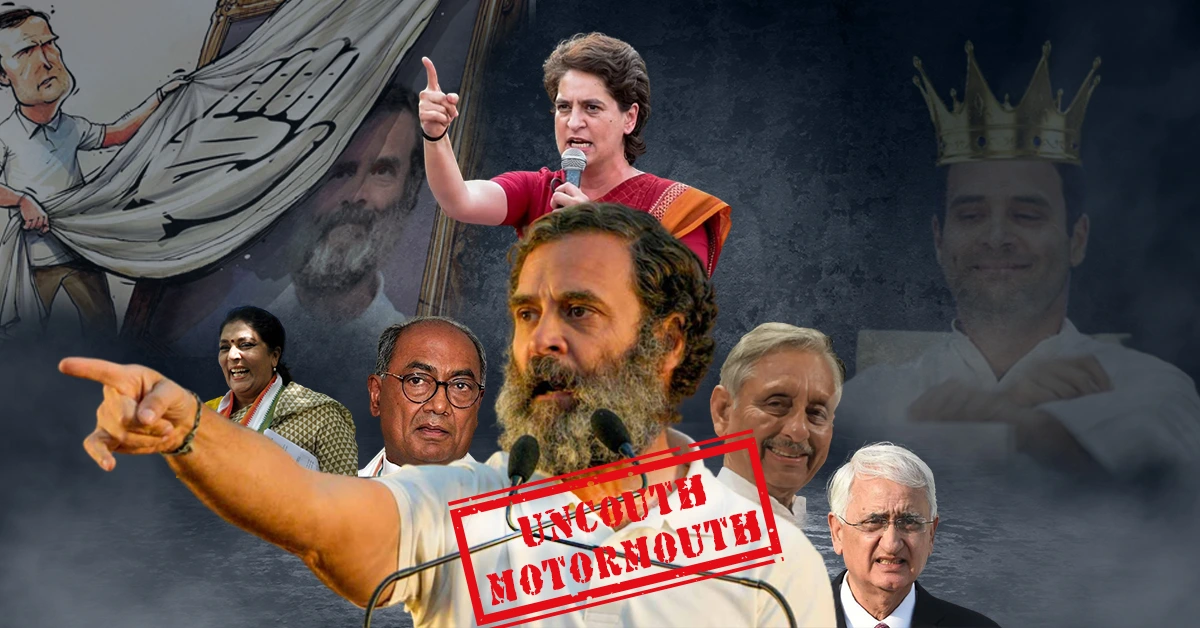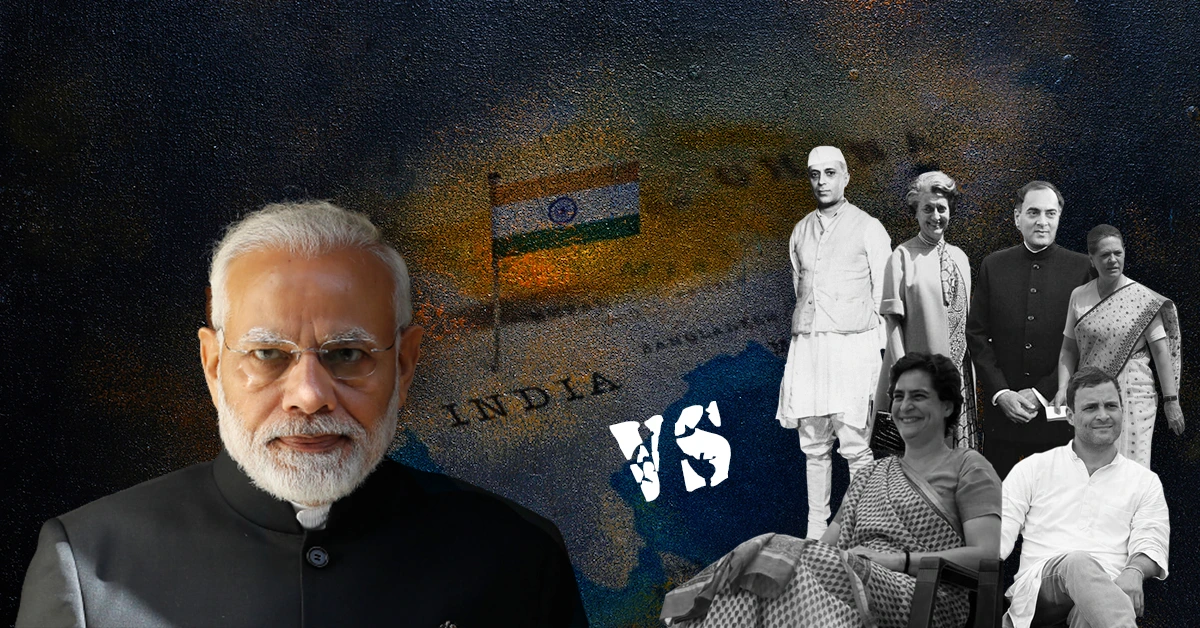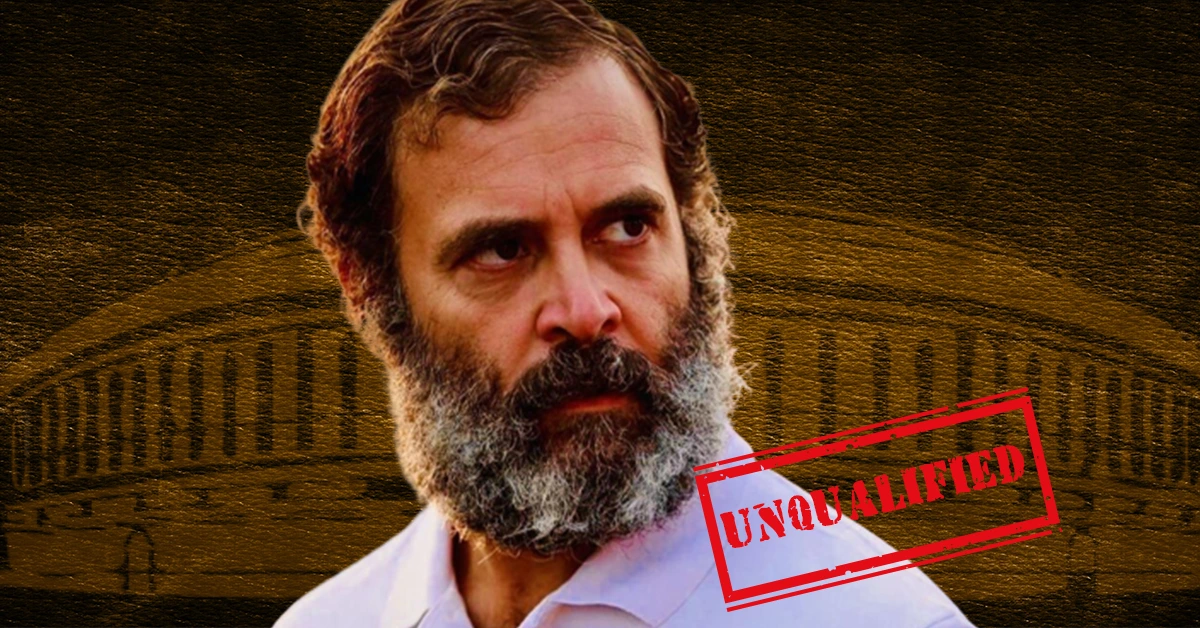Governments can be criticized and should be criticized. But there is a difference between criticizing governments and attacking India. Attacking India is purely anti-national and deserves the harshest punishment.
Protecting the Sanctity of Sacred Spaces
The protest against converting Sammed Shikharji into a tourist destination must also start a debate that enables restoration of sanctity of India’s sacred spaces.
Read Time: 6 minutes
click play to listen to the article
Reacting to protests by Jains over designating the Sammed Shikharji in Jharkhand as an eco-tourism destination, the Modi government halted all activities which will ensure preservation of one of the holiest sites in India. The protest by the Jain community has brought to the fore, one of the least debated topics — should India’s sacred spaces be used as tourist destinations?
Temples have always played a central role in Indian society. There is no doubt that our temples are nerve centres of our society and identity. They are the focal points of education, art and culture. For some they are a place of worship, for some they are a cultural centre, while for some they may be a place of religious gathering. But while India is a land of temples, not all temples can be designated as spaces for spiritual enlightenment. Ancient temples were built not as places for prayer, but as a vortex of energy where, if people were receptive and willing, they could transform themselves in a very deep way. Even today, many temples serve as powerful energy centers. It is under this backdrop that one must carefully consider protecting the sanctity of such sacred spaces.
Ancient temples were located strategically at a place where the positive energy is abundantly available from the magnetic and electric wave distributions of north/south pole thrust. The design and construction of these temples was fairly intricate, being built according to a complex calculation involving physical and metaphysical elements. The ancient experts used geometries, magnetism, and rituals to build a system of resonant space to harness and amplify energy. A temple is a miniature cosmos comprised of the five elements and a presiding deity. A temple is an outgrowth of the deity which has its own independent intelligence and from which energy is constantly radiating. Essentially, temples were designed to be spaces where the mind spontaneously moves within and meditation happens effortlessly. Every aspect of the temple, from the architecture to the rituals to the kinds of worship offered, has been consciously created to make this experience happen. These sacred spaces contain pure vibrations of magnetic and electric fields with positive energy. By understanding the science of Indian temples, we can experience the intelligence, power and miracles that these structures were made from and for.
However, when tourists outnumber pilgrims, it affects the sacredness of the environment around our sacred spaces. Today, attracted by widely advertised yatras, boorish, vociferous and flashy masses clicking selfies within the sanctum sanctorum and playing loud music all day long throng many such sacred spaces. Many walk talking on the phone without lowering their voices, oblivious to the significance and sacredness of the place. These yatra tourists have sent honest pilgrims in search of spiritual solace scurrying for cover. Instead of feeling at peace, one can feel the tensions of heavy tourist traffic and unpleasant experiences as tourists and pilgrims jostle for space at these sacred spaces.
Tourism is a double-edged sword. It will reap some revenue and resources, but it can also dilute the sanctity of our sacred spaces. These spaces are not shows put on for tourists but real places and practices to enhance spiritual development. Thus, a clash of culture occurs when tourism’s Instagram moment collides with the spiritual pursuits of genuine pilgrims. Tension arises from the fact that tourists and pilgrims are forced to share the same space with very different intentions: Pilgrims who visit sacred sites for contemplation and prayer and tourists who merely visit to grow their photo albums. Unabated tourism will turn sacred spaces into mere monuments. If all sacred sites simply become mere monuments, they will represent some historic significance but lose their spirituality. The risk is that the spiritual core of something profound and mind-changing energy will be lost.
There is no doubt that our ancient temples — those that have survived the marauding Islamic invaders for centuries, are prime examples of architectural grandeur, aesthetics and engineering. But far from being a tourist destination, temples were created as powerful spaces where an individual could imbibe the enshrined energies. Our society must understand the intention with which these sacred spaces were consecrated. A consecrated space is a place for intense energetic vibration. The whole science behind it makes them a high vibrational place, making it a space of extreme spiritual importance.
Temples that were intended — for the ardent to find solace and oneness must remain so. Visits to sacred sites should not be a “must-do” item on travel itinerary. Strong and effective leadership should ensure that our sacred spaces are not turned into an entertainment ground for tourists and that a balance is found between developing tourism and ensuring we do not lose the sanctity of sites. The question is how do we strike this balance? There is no simple answer to this question. No government should have the right to control access to the sacred spaces, and yet a large section would want the government to maintain the sanctity of such spaces. The simple answer having a complex solution would be that the people themselves should voluntarily act by refraining themselves from using such spaces for their amusement.
Tags: The New India, Hindutva, Nation
Share this article:
Leave a Comment
Recommended For You
The rabble rouser is not the Yogi, but the hate mongering journalists and editors who seek to demean the verdict of the masses. Yogi Adityanath will prove to be a popular and effective Chief Minister, overseeing a regime of peace, harmony and justice for all.
Prime Minister Narendra Modi’s approach towards national security has been truly transformative. The Surgical Strikes were the first display of political resolve after years of indecisiveness in dealing firmly with threats.
Through the Bharat Jodo Yatra, Rahul Gandhi seems to have waged a war against the Hindus, by targeting the Rashtriya Swayamsevak Sangh. The Congress that seeks to thrive on organized violence needs to be confined to the dustbin of history.
To preserve the idea of India, let us remind ourselves of and reiterate our commitment to the spirit of democracy, liberty, equality & freedom which India was built on. Let us remember and salute the brave heroes of the Emergency.
The responsibility for taking India’s political discourse to such low levels of civility lies purely with Rahul Gandhi. Rahul Gandhi has been deliberately indulging in these theatrics with a definitive idea of spoiling the country’s public discourse.
On 30 January 1948, the Indian state under Congress decided to punish the Brahmins for no crime of theirs. Devotees of Gandhian Ahimsa were unleashed on innocent Brahmins to perpetrate a political genocide. Congress supported mobs pillaged, burnt and looted the homes of hundreds of innocent Brahmin families. These burning →Read More →
The Gandhi family always places its partisan interest on a higher pedestal than national interest, and Narendra Modi’s biggest political contribution is to end this dynastic rule. India must unite again and stand firmly behind Narendra Modi to defeat this multi-cornered assault on India’s narrative as a rising power.
More than 30 lawmakers have been disqualified in the last 9 years the way Rahul Gandhi has been. Unable to get himself or his party elected through legit, moral and democratic ways, Rahul Gandhi has resorted to spreading falsehood and divisiveness in an attempt to regain control of the country →Read More →
In the aftermath of partition, Nehru's catastrophic decisions on Kashmir showcased a stunning lack of foresight and spine. His pathetic reliance on British advice and the premature ceasefire exposed a feeble leader prioritizing personal agendas over national interests. Nehru's betrayal of minority concerns, particularly the callous dismissal of Kashmiri Pandits, →Read More →

